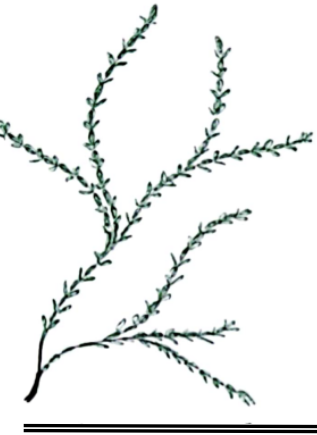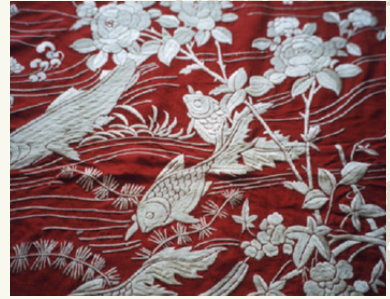On a cold December morning in the Old Chapel lecture theatre on the Penryn Campus, the words of Farah Bashir warmed the hearts of the students and staff in the hall and those who listened in via Microsoft Teams. The audience was spellbound by the honesty, vulnerability and starkness with which she recollected her experiences growing up in Kashmir and the irrevocable traces they left on her life ever since.
She began her lecture by tweaking the title in a slight but ever so insightful manner: not writing ‘from anger’, a position which would poison the narrative or politicise it, but writing from a position of having attempted to negotiate with the anger that formed a vacuum around her younger self, sucking away the joy and carelessness of childhood, the freedom of movement, of self-expression, and the love of loved ones.
Her lecture, a glimpse into her book “Rumours of Spring: A Girlhood in Kashmir” centralised a young girl’s perspective on the personal tragedies that go under noticed in an international war site. How it impacts one’s understanding of self, of home, of romance. How it interrupts education, impacts menstrual cycles and dietary habits without accounting for the indelible social, psychological and emotional debris it leaves in its ‘aftermath’.
Farah referenced how her body dealt with the trauma. How the pain resurfaced years after being suppressed by a need to survive, in psychosomatic ways, in survivor’s guilt, self-harm and self-sabotage. It adhered, Farah explained, to the strategy by which women, dually oppressed by patriarchy and statehood process anger, oppression and loss: by internalising it.
As an answer to a question from the audience, Farah explained how writing the book, returning to the memories, sounds, fears not only of her own mind but those of her family members was not cathartic, for the simple reason, that the war is far from over. The never-ending war with the state, with the armed men, with the self, was put to paper as humanizing evidence, of what it takes to survive a childhood in Kashmir, of the unseen resistance performed by women every day in such war zones. Even a glimpse of which moved many of us in the room to tears.
We congratulate her on her book and thank her for having shared her narrative of resistance with us, and for beautifully setting the tone for the events hosted by the South Asia Centre for the year 2022-23

